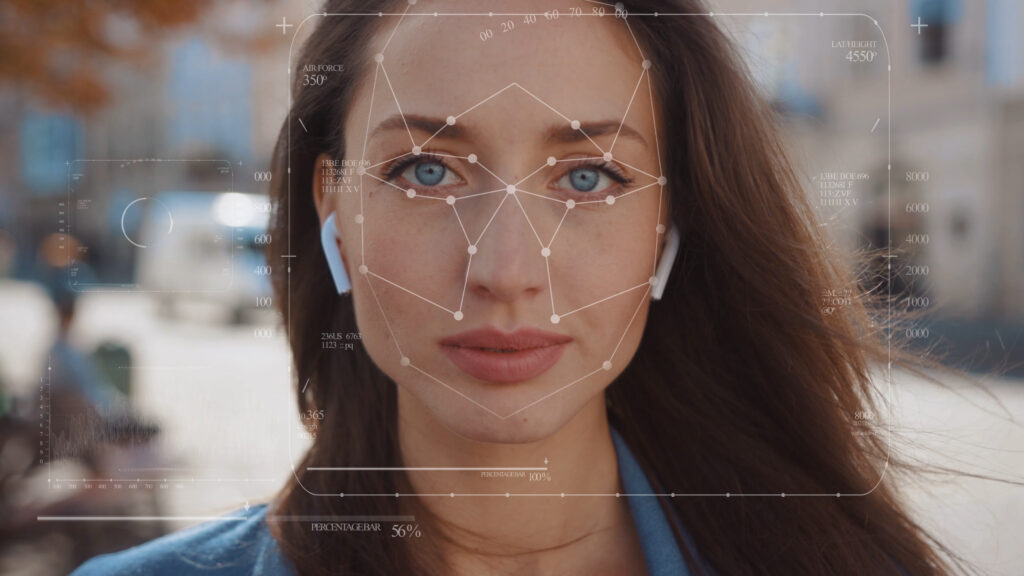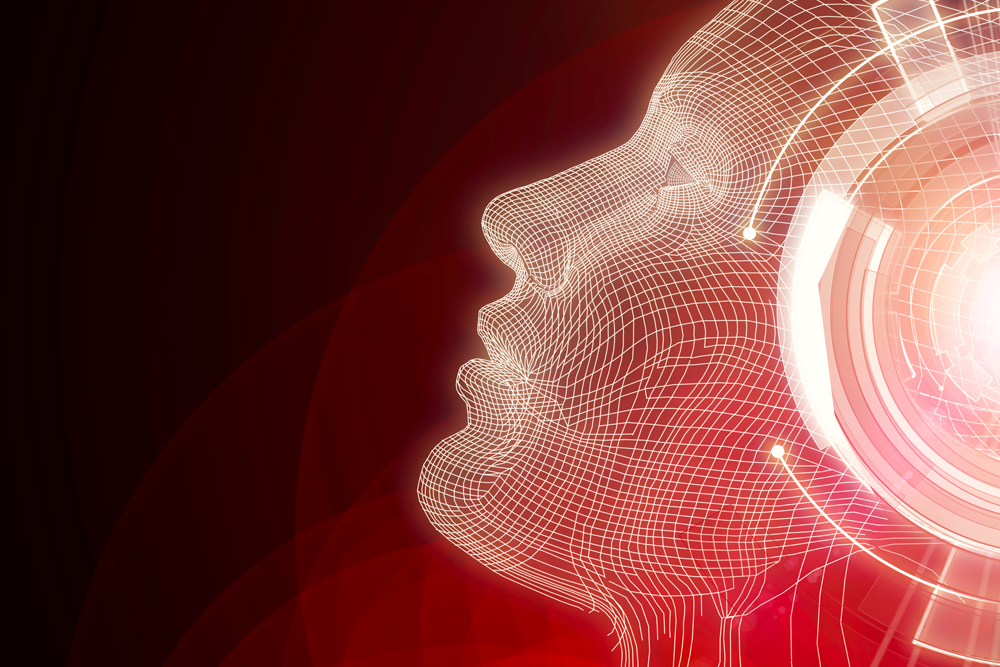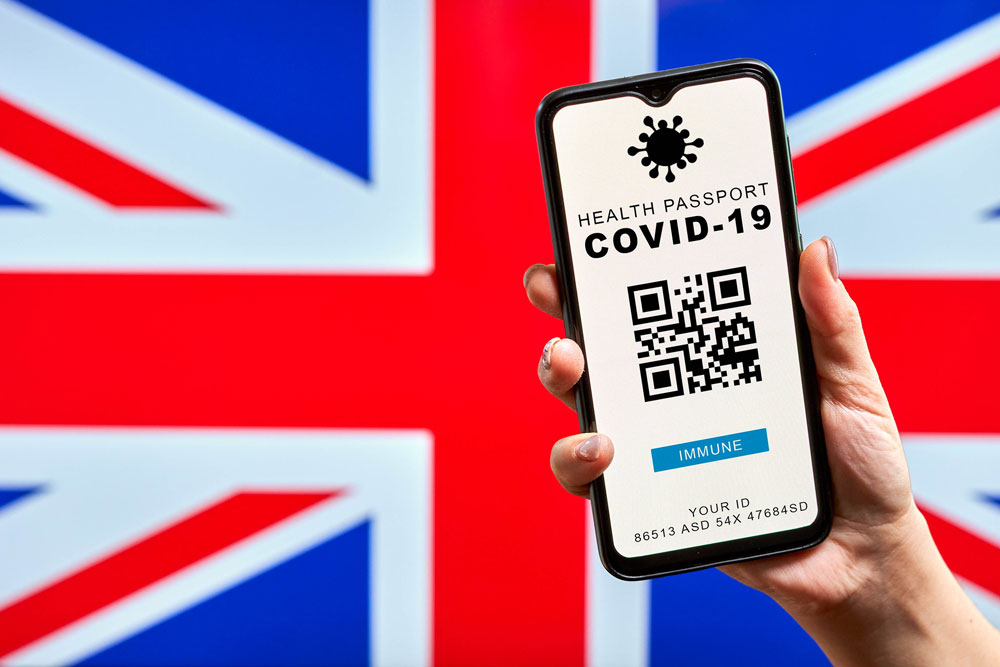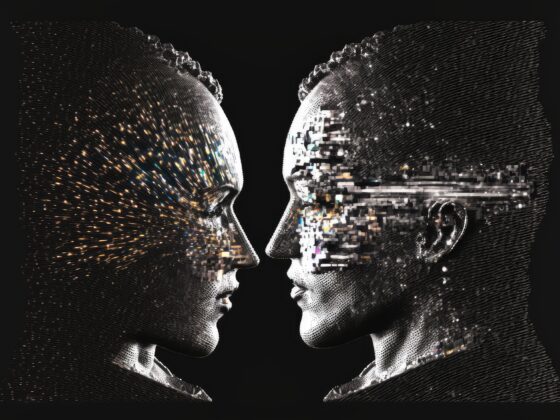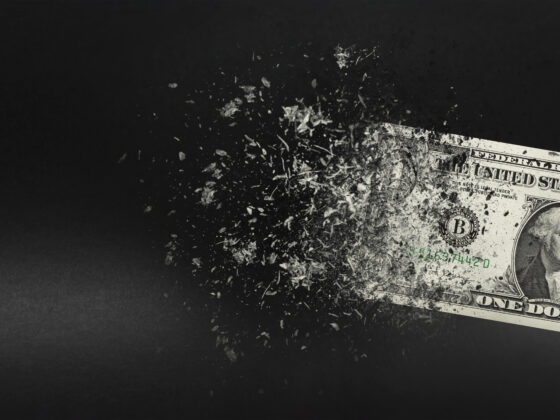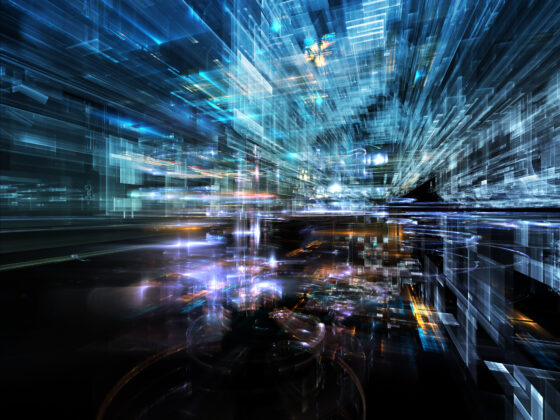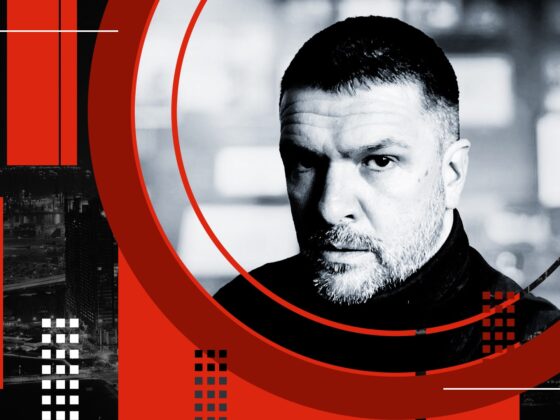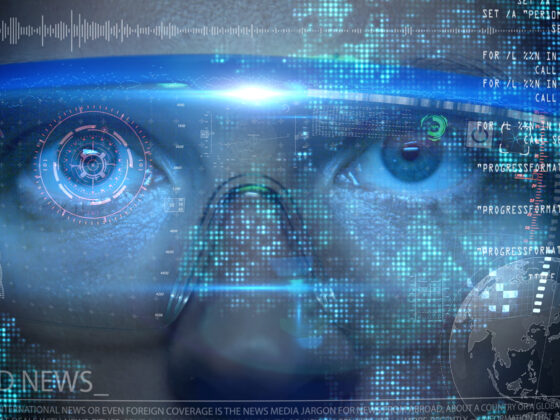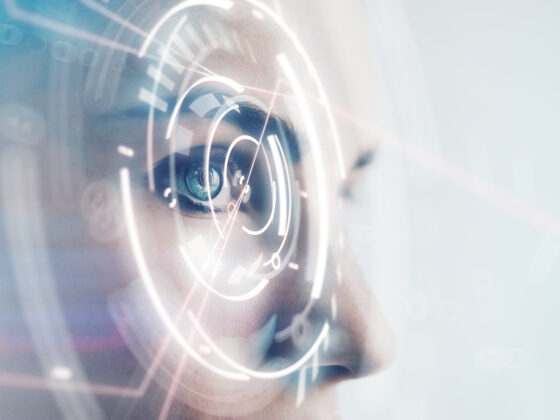If you have not read the first part, its available here:

Vaccine Passports, a new form of digital identity could allow big events to resume but are not set to be required in the first phase of opening pubs and restaurants. They may only be a short-term measure before the vaccine programme achieves herd immunity the government has recently said.
Advances in biometric authentication suggest that facial recognition tech could be used in lieu of Vaccine Passports for entry to venues or for international travel purposes. If our eyes are said to be the window to the soul so then our faces could be the window to our vaccination status.
Now biometric identification company Clear which launched its digital test and vaccine health passport last year, has a new feature added to the company’s mobile app that will allow businesses to screen consumers and employees for COVID-19. The company plans for its new product to be adapted for offices, retail stores, restaurants, hotels, and sporting venues. Clear is best known for speeding travellers through TSA checkpoints, but now it has set its sights getting people back to work.
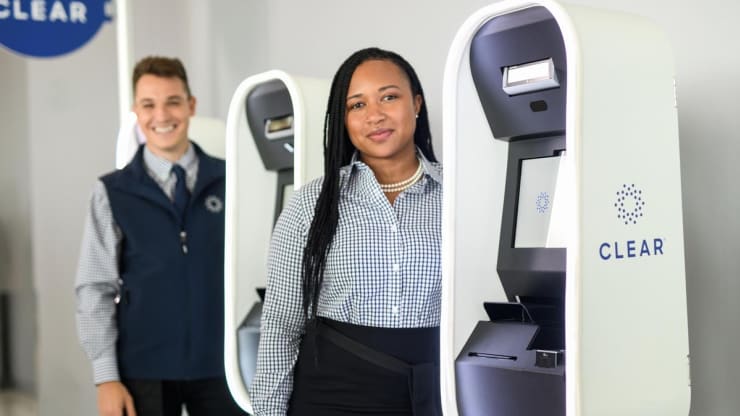
The health pass asks users to upload a photo to confirm their identity and upload personal health documents, including test results for COVID-19. Then upon entering a sports stadium, users can visit the new Clear pods where they will go through facial recognition scanning, take a real-time health quiz, and provide proof of their previous COVID-19 test or Vaccine by scanning their QR codes.
Clear will also perform temperature checks of fans as they arrive at venues. During the check-in process, a user’s health information or identity is not shared with any security personnel. Clear only generates a yes or no signal that employees monitor, letting them know if a fan has been rejected or approved to enter the venue. “This is a multi-layered, touchless screening approach that will reduce the health risk of an office, venue or other space,” Maria Comella, the head of public affairs at Clear.
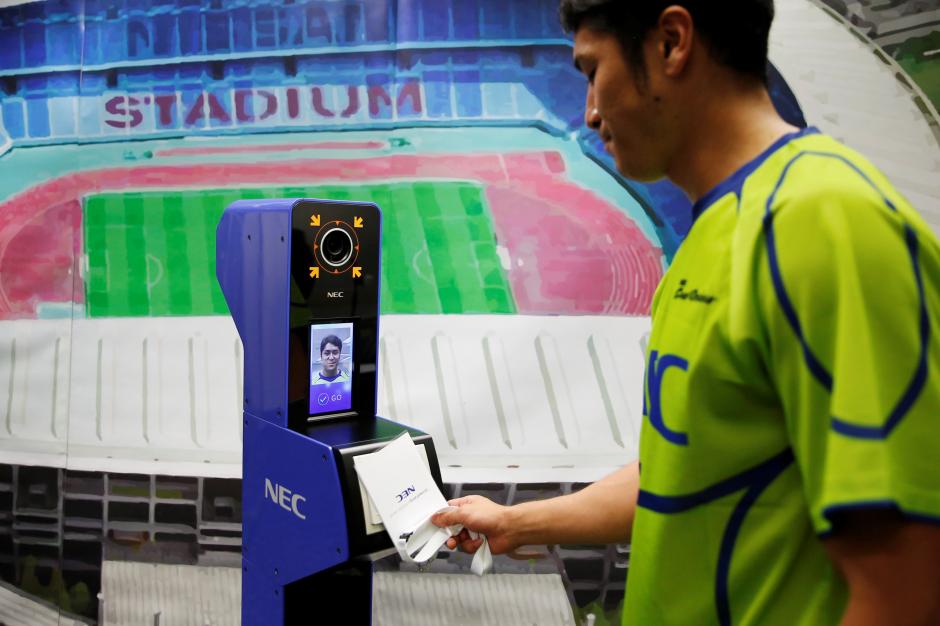
Several pro sports teams, including the New York Mets and the Los Angeles Football Club, are also testing facial-recognition technology in stadiums. The idea is to admit fans for entry by authenticating their faces, to make the process as touchless as possible during the coronavirus pandemic. Los Angeles FC said, it would let fans take and upload a selfie to their accounts and link it to their existing Ticketmaster profiles.
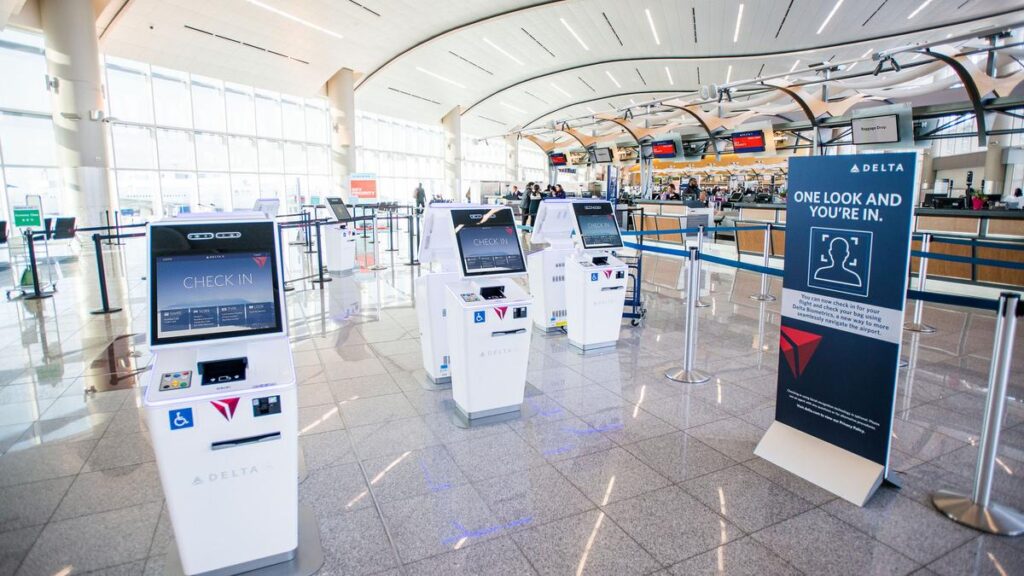
Similarly Tampa Airport is going to be using new facial recognition technology for international traveller’s. “Your face becomes both your passport and your boarding pass,” TPA’s Executive Vice President of Operations and Customer Service John Tiliacos said during the aviation board’s meeting on Thursday. The airport expects to have the camera-based tech installed at 11 gates by this summer. “We look forward to really seeing the benefit of this new streamlined process as more international passengers return to Tampa,” Tiliacos said.


In the UK similar technology has been developed by Reddy Punna, the CEO of Edinburgh-based enterprise technology specialist Purview Services. Clubs hope that new thermal imaging and facial recognition technology will help identify and track sports fans with Covid-19.
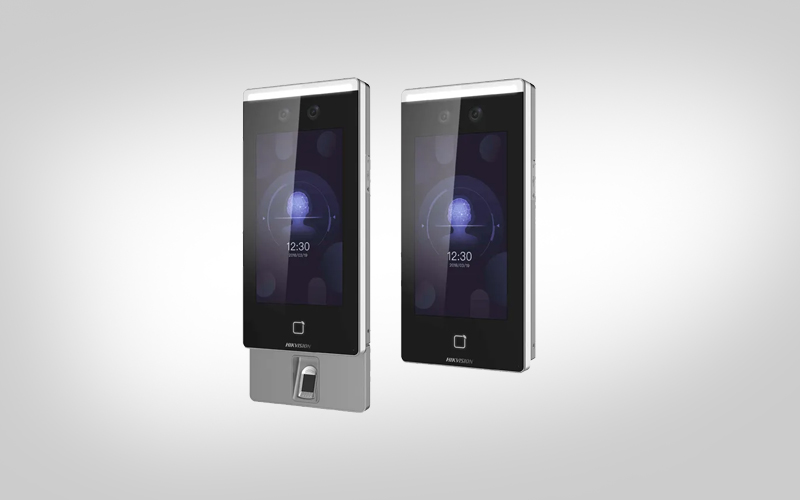
“Those entering the venue with a raised temperature can be identified and then diverted to be helped by stadia officials to stop any potential spread of Covid-19. Moreover, the system can be linked to any season ticket holders’ database which further tightens the identification management process. Containment through an attendance and access system with zero contact and temperature measurement can be a key to avoiding easy spread of the virus that can take place with a biometric access system.”
From my sources I am hearing that Leicester City Football Club are also trialing these new thermal and face recognition technologies for the eventual return of fans next month.
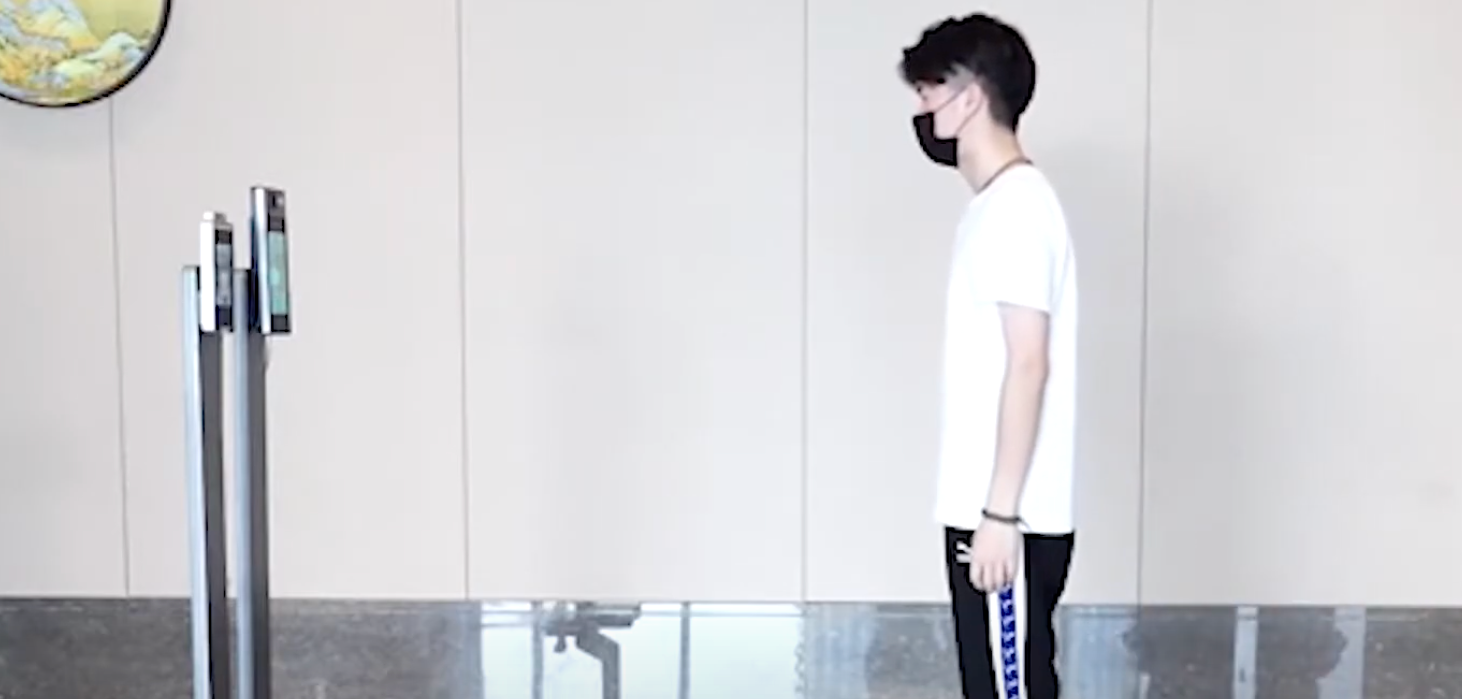
Imogen Parker from the Ada Lovelace Institute has said that ‘Some Vaccine Passport models bring together identity information, biometric information (face-scanning) with health records.’ Some apps under consideration conflate two publicly contentious systems – COVID-status certificates & facial recognition technology.’

The government’s “innovation agency” awarded a £75,000 grant to iProov and Mvine, tech companies that are also exploring the viability of facial verification technology, something that iProov has already provided to an NHS app (distinct from the contact tracing app introduced last year). While many apps use QR codes or offer certificates with names, biographical information and a photo, the new system scans users faces to gain this information and prove their Covid status.
"The proprietor of two pubs in Essex, England, estimates that hiring someone to check vaccine certificates at the door would cost him between £800 and £1,000 a week, or roughly $1,100 to $1,375." Don't forget the commercial incentives for #VaccinePassports https://t.co/UgPFv828Vd
— Elizabeth M. Renieris (@hackylawyER) April 11, 2021
iProov have also been helping to provide contactless travel entry for the Eurostar as part of the railway innovation initiative. This project is supported by Department for Transport and will see biometric entry corridors brought to rail travel in a world first for the UK. Travellers opting for accelerated boarding will be able to complete security processes at St Pancras International station without showing a ticket or passport.
Rail passengers using Eurostar services will be the first to take advantage of a facial biometric corridor to enable contactless journeys. The walk-through system will allow customers to complete ticket checks and border exit processes at St Pancras International station without needing to come into contact with people or hardware. Could our new Vaccine Passports be integrated into this new touchless biometric system, we will soon find out.
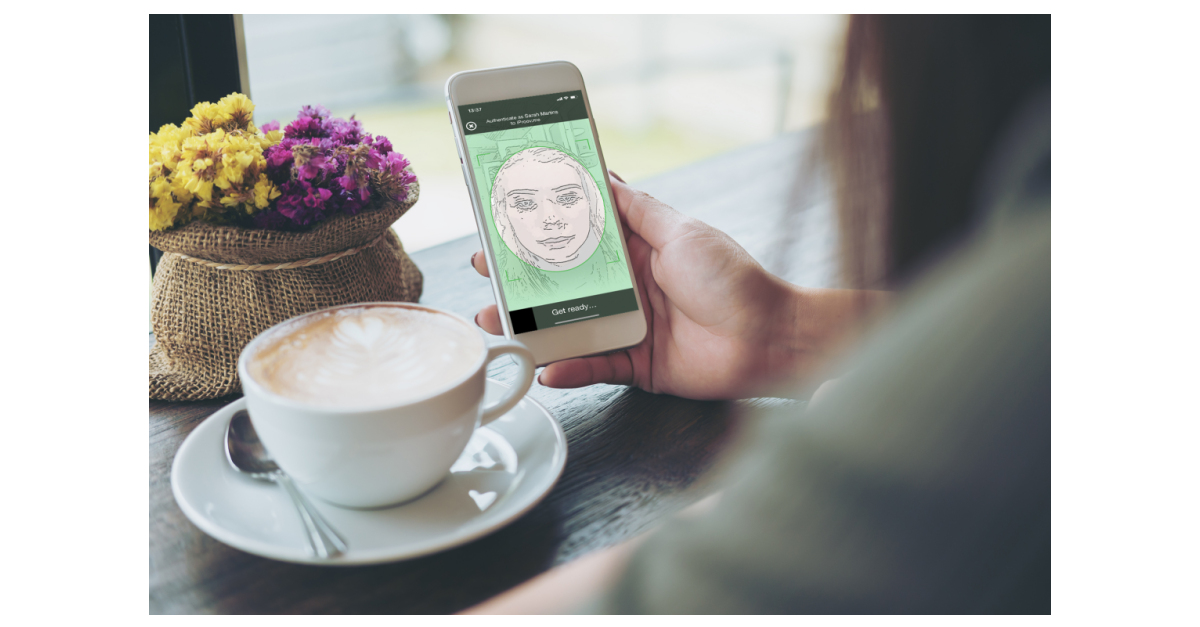
Under iProov’s scheme, anyone wanting entry to a venue would only need to look at a phone camera (not necessarily on their own phone) for a matter of seconds, during which time their face would be verified against a cloud-based database of vaccinations and tests. Venues would no longer be required to double check the information. “It speeds the process up and it absolves people of what would otherwise be a very heavy responsibility,” Bud said.
And another one, Before check-in, border control or boarding, a biometric match is triggered between the passenger’s face and their passport photo, and the health certificate is verified.’ IDEMIA launches biometric linked health travel pass to help governments monitor incoming travelers.
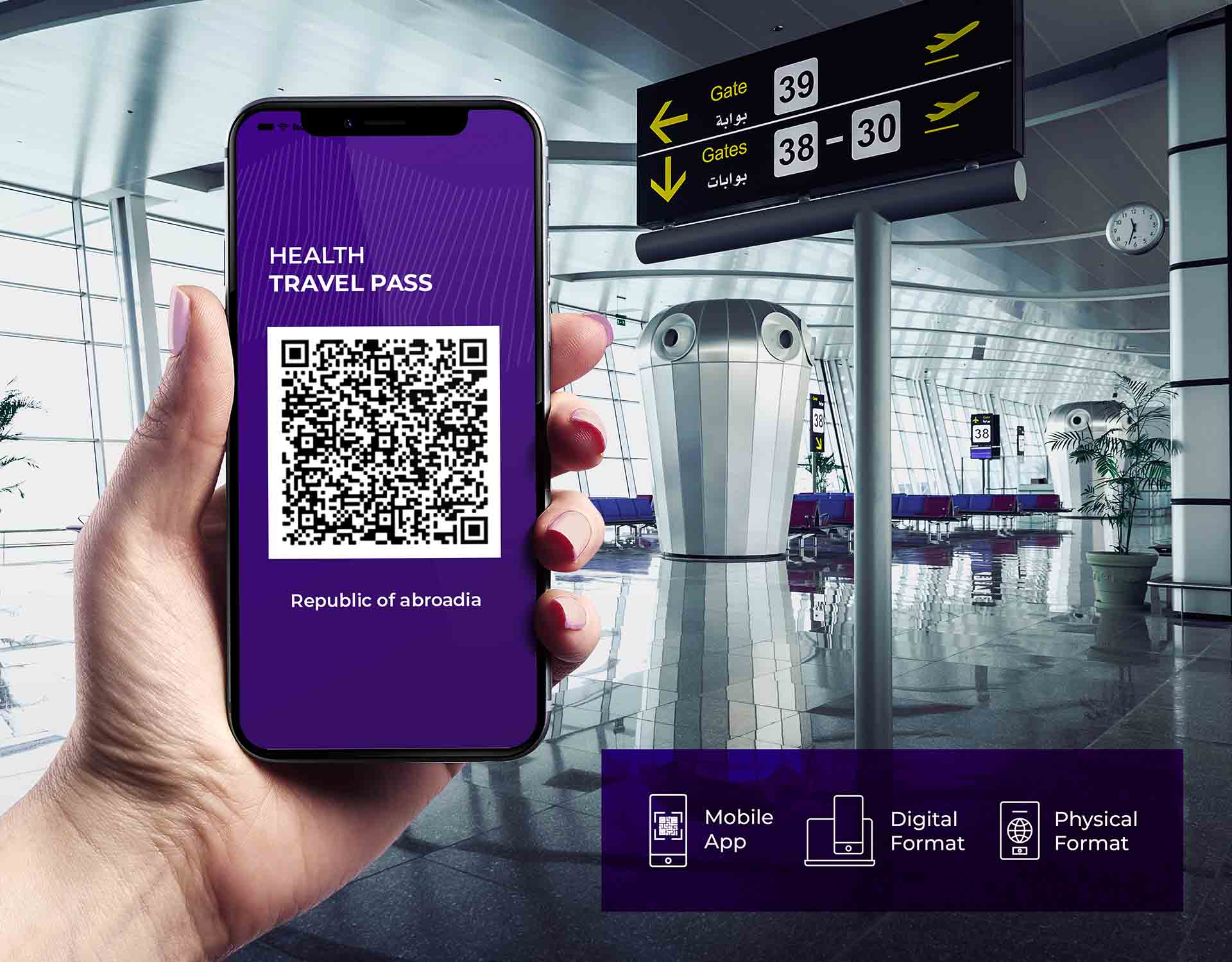
Digital ID:
“There is a future where everybody has a fully verified digital ID that lives with them on their phone, and when you go and sign up for your vaccine appointment, you use that digital ID. And when you go show up and you get vaccinated you do a little [token-based] transfer like you’re paying at Whole Foods. . . . Then it’s completely bound to you,” Pollak says. “That is a future we will get to but we’re nowhere near that reality today.” – JP Pollak, cofounder and chief architect of the Commons Project.
On his website JP Pollak says that he “Conducts research on user engagement, data collection, and health behavior using mobile health apps. With what I learn, I design products/ systems to assess people’s health and health behavior and ultimately help them make healthier choices. I do this as the founder of The Commons Project, Senior Researcher in Residence at Cornell Tech, and Assistant Professor at Weill Cornell Medicine.”
/https%3A%2F%2Fspecials-images.forbesimg.com%2Fimageserve%2F5fffa7492b22c5dd6e48dc96%2F0x0.jpg)
And “Eventually vaccine ID cards could be used for more than Covid-19. They could be a secure, easily transportable way to have your whole health record with the push of a button, making it easier to be treated by different doctors,” – Paul Meyer from the Commons Project has also said.
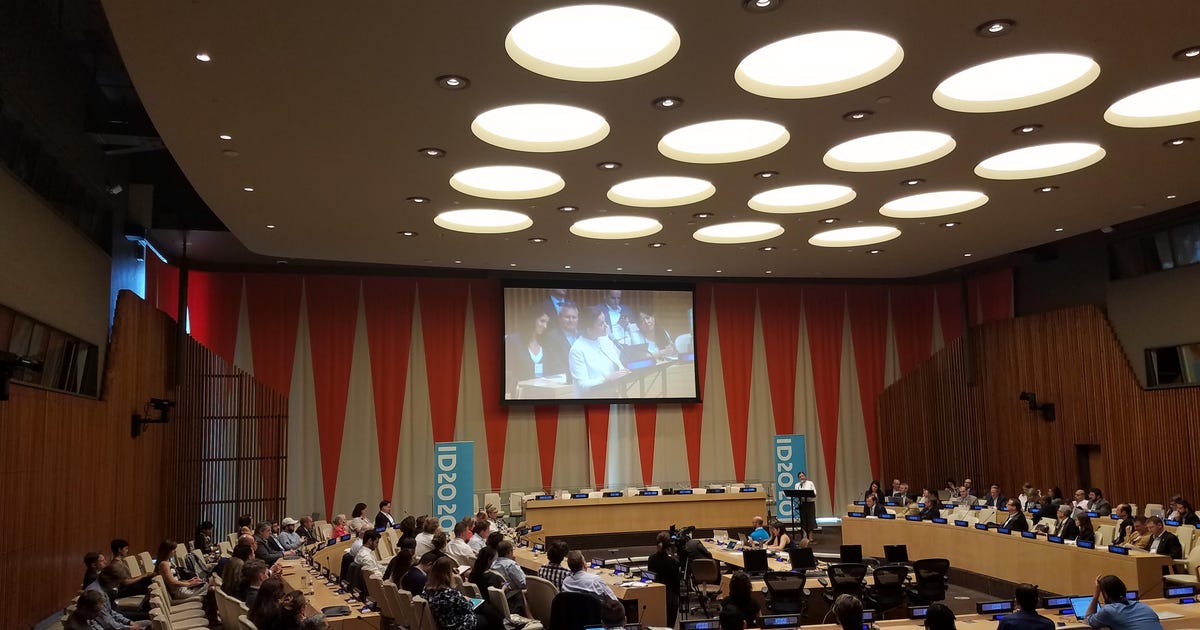
There is no doubt that the COVID-19 crisis is accelerating touchless and increasing biometrics, which may very well link up to our new digital health and vaccine identities. This is where the powers at be are taking us.
It was June 20, 2017 where the Unites Nations who has the sustainable development goal to provide legal identity for all by 2030 (SDG 16.9) revealed that it wanted a universal digital ID for your data. “To put all your information including your medical records and banking information into a single app”.
Last summer, without a vaccine, we could travel freely; masks were not mandated for shops until late July and guess what: deaths ‘with’ CV dropped to literally zero. This summer, with vaccines, we’re threatened with more restrictions than last! This is clearly not about a virus.
— Neil Clark (@NeilClark66) April 14, 2021
I guess that is exactly what we are seeing unfold right now. Indeed, our faces may be tagged to a whole range of new digital identity credentials and its these that would determine what type of access we are allowed to have. Whatever the cover story of COVID-19, it’s fast ushering in a whole new science fiction dystopian reality.


